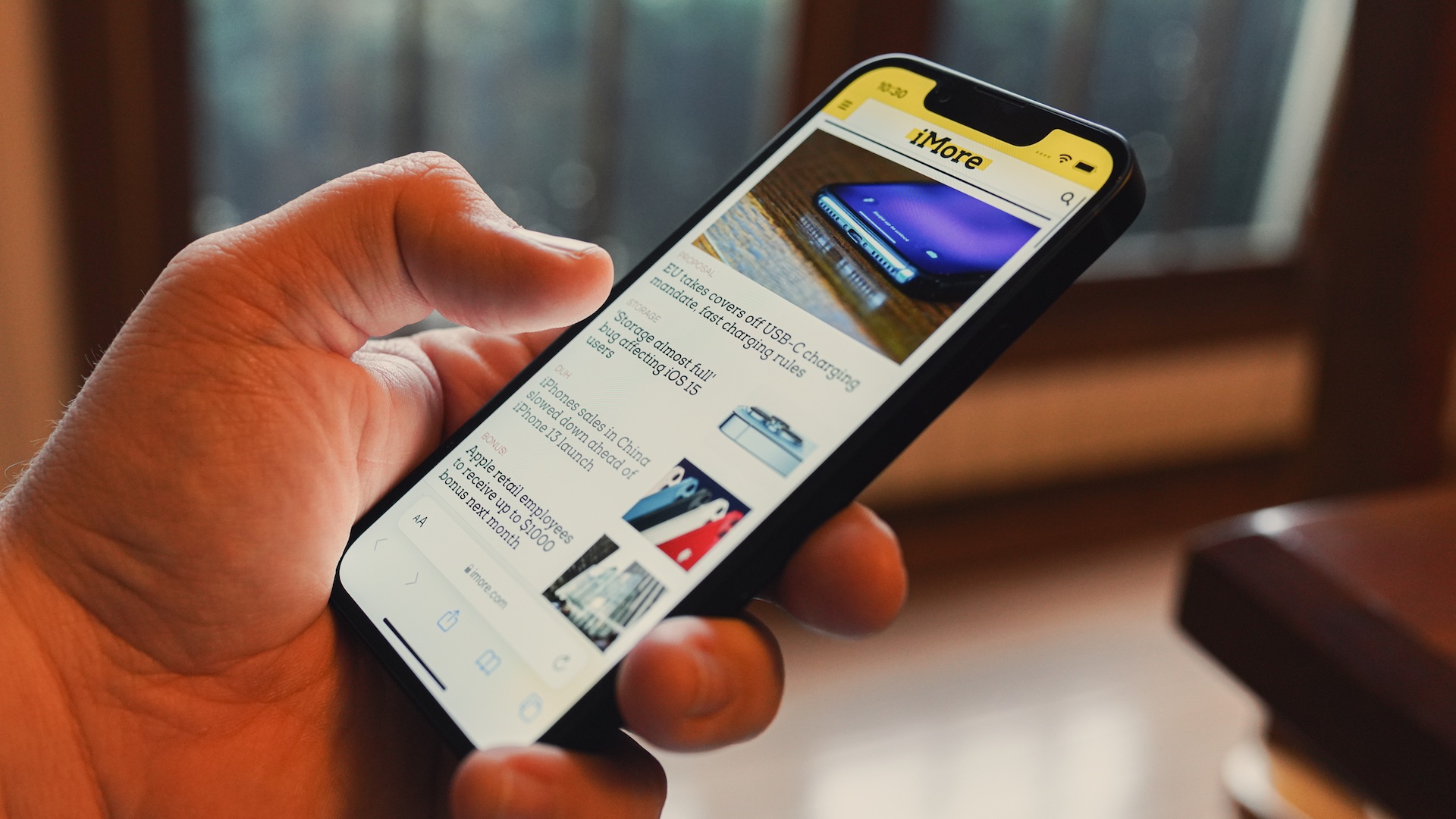Apple has an in-house search engine and you already use it, just not how you might expect
Not all search is created equal.

Every so often we see a flurry of reports that Apple is working on its own search features, sometimes throwing Google's name into the mix for good measure. With Google currently in the dock over a claimed search oligopoly, some are wondering whether Apple should ditch it as the default search engine on the iPhone. Apple says not, because Google is the best around — but for how long will that be the case?
That very much depends on Apple at this point. It's clear services VP Eddy Cue and the rest of the Apple executive suite aren't all that impressed with the competition from the likes of Bing, choosing instead to take Google's money and put its search engine front and center on its devices. But what if Apple could launch its own search alternative and use that?
Well, what if I told you that it already exists and that you're already using it? Because you are, you just aren't using it in the way that you might expect or, in this instance, want to.
Enter project Pegasus
Pegasus is a name that iPhone owners are already familiar with but in a different context. Pegasus is of course the name of the infamous spyware that Apple continues to do battle with. But there's another Pegasus. One that Apple is working on internally, and it's all about search.
That's according to Bloomberg's Mark Gurman when writing in this past weekend's Power On newsletter and it makes for interesting reading. It's a project that's headed by John Giannandrea, a former Google executive who's now in charge of machine learning and AI at Apple. Part of that involves working on search, with Pegasus being the technology at the forefront of those efforts.
But unlike so many of the projects inside of Apple, Pegasus is something that you're already using, likely every day. Gurman says that it's already being used in the current iteration of App Store search, for example. And it's being used somewhere else — somewhere that starts to get its tentacles into something closer to what Google does in the shape of internet search.
Blurring the lines between apps and the web

Gurman notes that the Apple search team's efforts are best seen in Spotlight, the feature that is best used to find apps on the iPhone when they aren't on the Home Screen. It's also a big part of the Mac, but it now does much more than find apps — it goes out to the internet, too.
Master your iPhone in minutes
iMore offers spot-on advice and guidance from our team of experts, with decades of Apple device experience to lean on. Learn more with iMore!
Searching the web via Spotlight was once something Apple farmed out to Bing, but it's now all handled in-house. And the results are getting pretty good, too. It's an example of Apple's internet search prowess, but it's a long way from what people think of when we talk about "search" in general. You can't use Apple's search in Safari, for example, although that could well change in the future when the deal with Google comes to an end.
Apple has been using its own web crawler called Applebot for years, collecting more and more information on the internet so that it can surface relevant results when users ask for them. All of that data makes Spotlight better than ever. How long before it's also being used in Safari, too?
Is a Google-free iPhone on the way?
The dynamic between Apple and Google is a fascinating one. Apple always likes to bring things in-house whenever possible, but it continues to earn around $8 billion per year as part of the deal with Google.
It's the belief of some that using its own search engine would make Apple more money per year, with Gurman saying that it could rival the entire Apple Watch business in revenue. If that's the case, we might be using Apple search soon enough.

Oliver Haslam has written about Apple and the wider technology business for more than a decade with bylines on How-To Geek, PC Mag, iDownloadBlog, and many more. He has also been published in print for Macworld, including cover stories. At iMore, Oliver is involved in daily news coverage and, not being short of opinions, has been known to 'explain' those thoughts in more detail, too. Having grown up using PCs and spending far too much money on graphics card and flashy RAM, Oliver switched to the Mac with a G5 iMac and hasn't looked back. Since then he's seen the growth of the smartphone world, backed by iPhone, and new product categories come and go. Current expertise includes iOS, macOS, streaming services, and pretty much anything that has a battery or plugs into a wall. Oliver also covers mobile gaming for iMore, with Apple Arcade a particular focus. He's been gaming since the Atari 2600 days and still struggles to comprehend the fact he can play console quality titles on his pocket computer.
